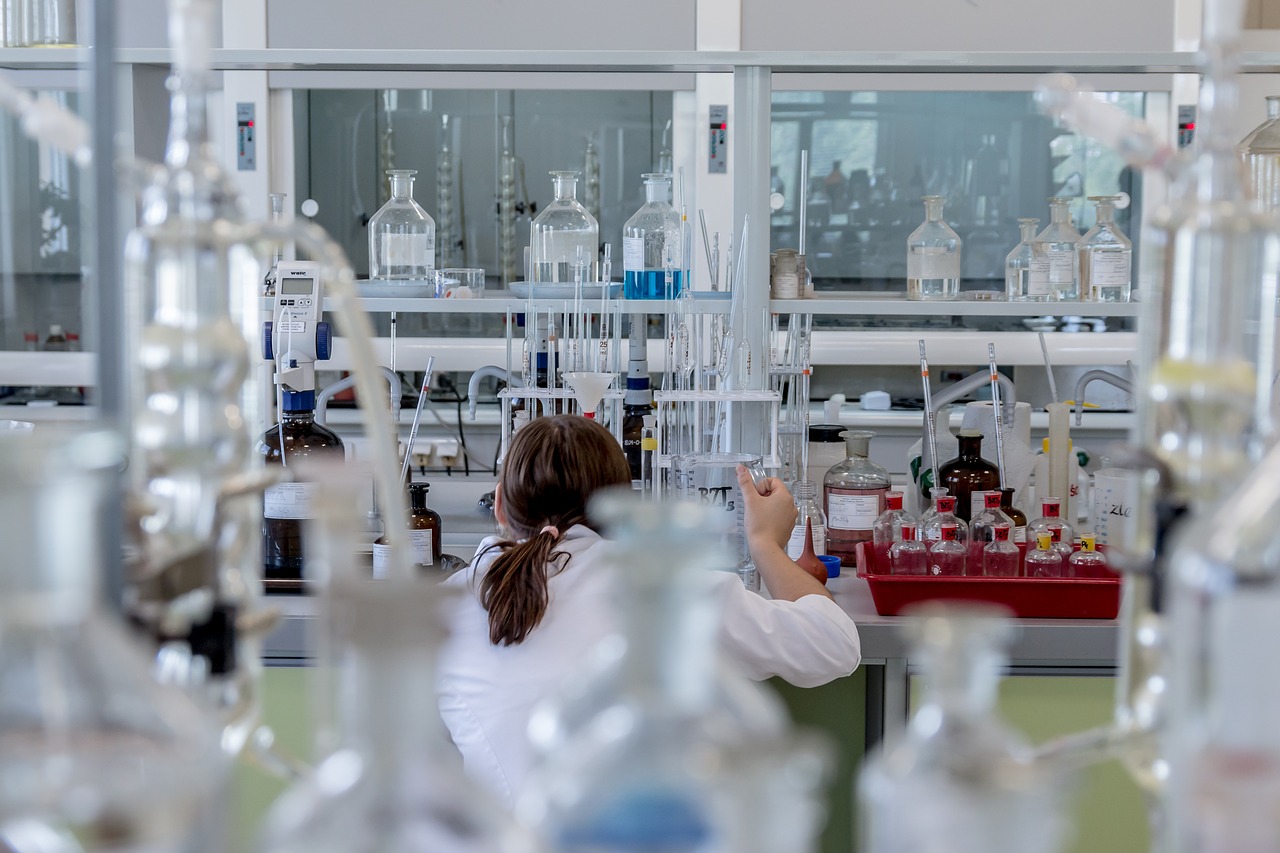Basically, in modern laboratories, carboys are made of plastic. But in many universities, ferric glass carboys are being used. Carboys are used to store large quantities of liquid such as solvent or deionized water. In these applications, a tap is required for dispensing and carboys provide the best solution for it.
In laboratories, carboys are also used to collect and store waste solvents. Carboys are basically made from plastic because they have a lesser chance of breakage. In some cases, fermenting buckets are also being used to get the job done. But there are certain advantages of using carboys in place of fermenting buckets.
Why Carboys Are the Best
The biggest advantage over using the carboy in place of a bucket is that it is transparent and it enables you to monitor any process. The carboys allow an observer to see the specific phases that take place during any given process. With a bucket, you need to remove the lid which increases the chances of introducing outside contaminants into the solution. Carboys are a bit smaller volume-wise. It reduces the amount of unnecessary headspace that can create an opportunity for the oxidation of your solution.
Additionally, the tapered neck of the carboy reduced unused space and creates a channel through which oxygen can be funneled upward and out through airlock or blowoff tube. There is only one advantage that buckets have over carboys, and that is they are easier to carry due to the built-in handle. But the carboy also contains handle near its neck just below the lip and rubber grip handle.
Plastic Carboys are Better Than Glass Carboys
Plastic carboys are used widely in different applications such as laboratory carboys due to their advantage of lower weight. An empty glass carboy can weigh at around 20 lbs. While an empty plastic carboy of the same capacity has only 5 lbs weight. In addition, plastic carboys have a little bit more grip due to polyethylene construction and this makes it easier to handle. The polyethylene is also impermeable to air, so a user need not worry about any type of contamination.

